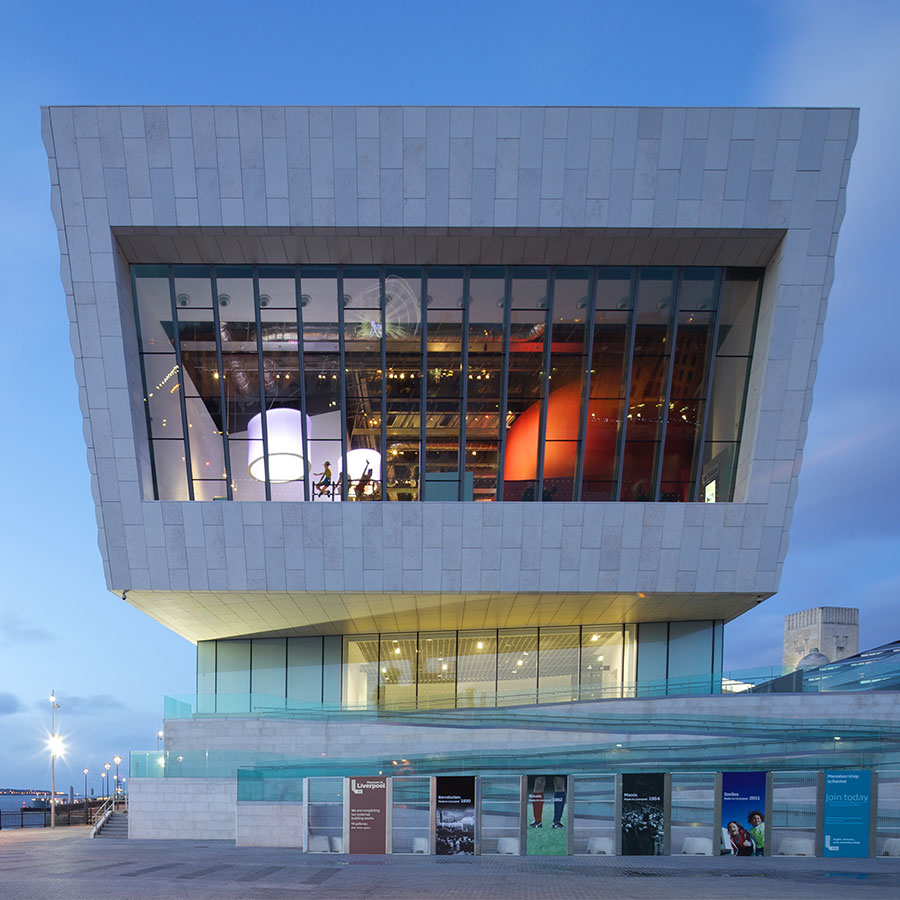It’s become a buyer’s market in the United Kingdom, as ‘Brexit uncertainty’ creates opportunities for savvy investors. While UK property prices have flatlined in cities like London, they are still growing in other regions as investors look for yields and value for money.
So what does this mean for South African investors looking to get involved in the buy-to-let market in the UK post-Brexit?
Anthony Doyle and Craig Illman from UK-based Propwealth advise investors to “get into the market now”, as this is when opportunities arise.
The Brexit blip
The very latest indications are that the UK will experience a “soft Brexit”, and coupled with the lowest inflation rate in the past 2 years, this bodes well for the short-term outlook of the country.
Wages are increasing at a faster rate than inflation, so this will feed through to capital growth on real estate in the medium term.
“Brexit simply is a blip in the big picture,” says Doyle. “The basic investment fundamentals are pretty simple. The UK is an island with limited land, the government falling short on building new properties has created tenant demand, and massive infrastructure projects are creating jobs.
“Britain is the world’s fifth strongest economy and has a growing population, so the long-term outlook is very favourable for a stable property market, especially on the back of a soft Brexit.”
A long-term outlook
He says once the dust has settled post-Brexit, all indications are that the property market will gain momentum, which means “now is the time to get into this investment class”.
“You need to be yield-driven and as we always say, property investing is a marathon not a sprint. You have to take a long-term view and make your money when you buy. Cash flow from rentals is the most important aspect. Let capital growth sort itself out over time.”
South Africans are moving away from the instability of the rand and seeking a hedge. Even with Brexit, sterling has settled, and in fact strengthened, as the final outcome has already been costed into the currency.
Typical investments South Africans buy
Illman says investors are getting involved in the lower-end, blue-collar type properties where there are plenty of tenants who simply will never be in a position to buy their own homes.
“We tend to look at established neighbourhoods in cities like Liverpool,” he says. “Here the risks are reduced, prices are low and yields are high.”
Prices start from around £50 000 and have gross yields around 9%. These properties are all fully managed making them ideal for offshore investors who want to own and enjoy good cash flows.
Trends
As the London market has cooled, savvy investors have headed north looking for yields, says Illman. “This trend will continue for a few more years as the draw card of the developing North West is a highly attractive rental destination.”
Furthermore, with “Generation Rent” developing, the landlord is in a strong position as many young people simply can’t afford to get on the property ladder and are forced to rent.
Recent studies have revealed that by 2025 only 40% of Londoners will own their properties. In addition, it has been estimated that only 26% of those aged between 20 and 39 will be on the property ladder by this date. This trend is spreading nationwide.
Property forecasts
These trends are forecast by many of the UK leading property research companies.
– In CBRE’s predictions for the coming years, London house prices are set to be flat in 2019, but picking up by 1.6% in 2020 and by 3.5% in 2021. Between 2019 and 2023, the real estate adviser is expecting growth of roughly 10.5% in the capital’s house prices.
– Miles Shipside, Rightmove director and housing market analyst, says: “While buyer affordability is stretched in some parts of the UK due to house price rises having outstripped wage rises, the underlying fundamentals supporting the housing market are currently sound. Positive employment data and affordable mortgage interest rates at high loan-to-value ratios are key to keeping property prices broadly in line with current levels.
– While London is projected to see growth of 4.5% over this period, it will dip by 2% in 2019, while the North West is expected to see a 21.6% rise over the period. London’s prime market will also see double-digit growth at 12.4%, according to Savills.
“We have taken a positive stance on Brexit as we see a clinical and cheaper property market without emotional trends, meaning that it’s an investor’s market, coupled with fewer first-time buyers and a larger tenant base, and buy-to-let has a great future.”
Investors can look at fully managed investments in Liverpool and Birmingham with prices from £50 000 to £200 000.
Illman and Doyle will be in Johannesburg, Durban, East London and Cape Town from 1 to 13 February. You can book an appointment via the website or email.


